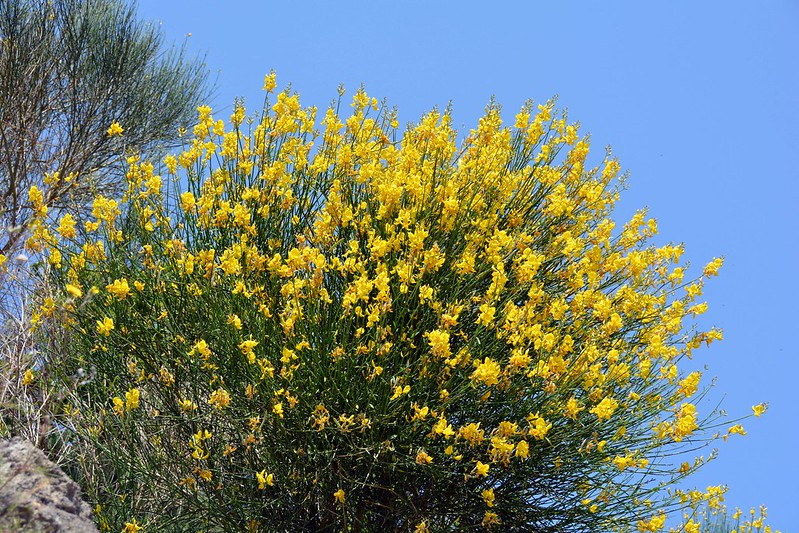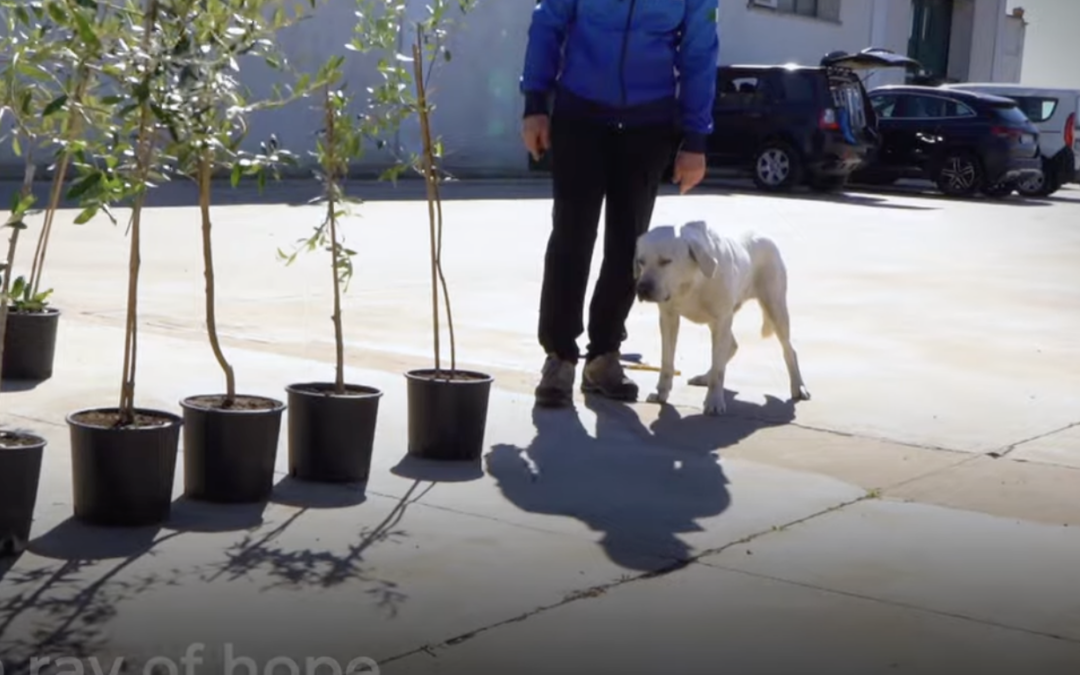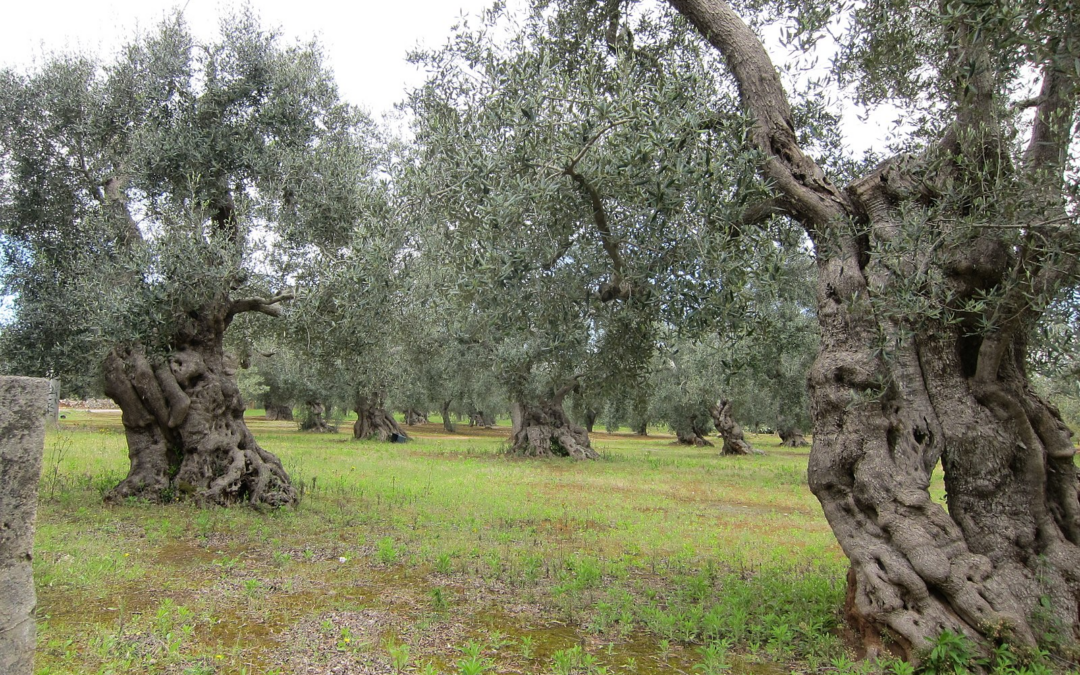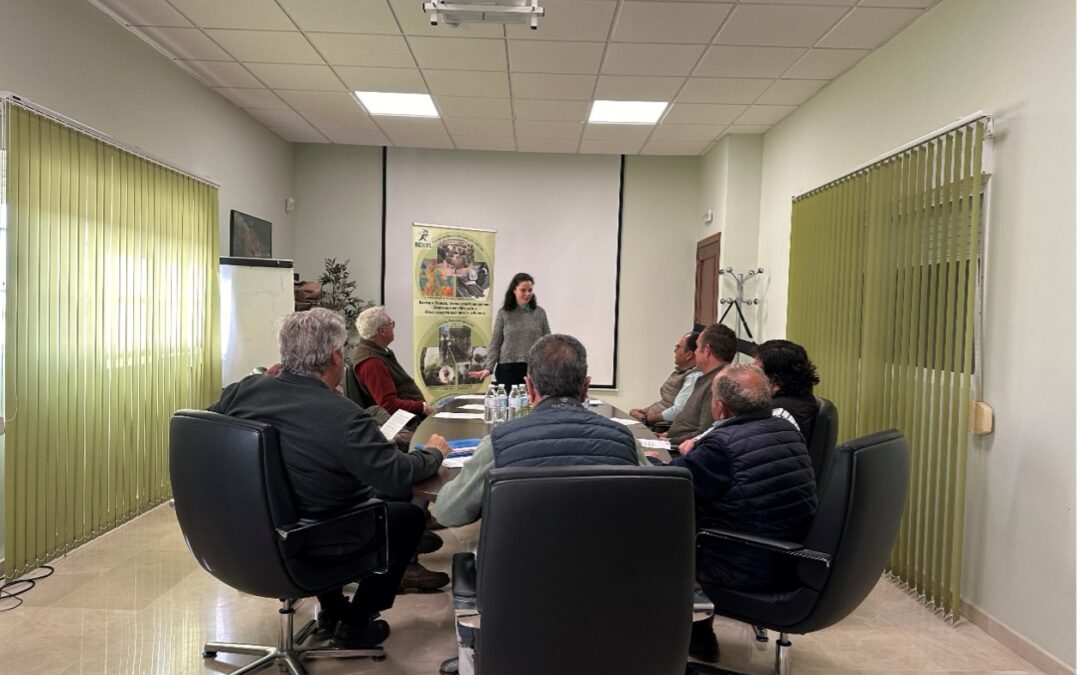The first introduction of Xylella fastidiosa in France might date back to 1971 through infected myrtle-leaf milkwort (Polygala myrtifolia), paving the way for the bacterium to spread in multiple waves, a paper authored by researchers of the BeXyl partner INRAE suggests. Nature Communications Biology published the open access article with the title Suspicions of two bridgehead invasions of Xylella fastidiosa subsp. multiplex in France.
Thanks to sophisticated genomic tools, the researchers trace back the introduction in France, where X. fastidiosa strains from the subspecies multiplex were initially detected in 2015 and identified with the genetic Sequence Types (ST) 6 and 7. The authors conclude that, hypothesizing an American origin, in the most probable scenario the first introduction of both STs initially occurred in Provence-Alpes-Côte d’Azur (PACA), in 1987 for ST6 and in 1971 for ST7. The most likely suspect of carrying the infection is myrtle-leaf milkwort from USA, authors infer.
Then, X. fastidiosa established and spread in Corsica in two waves from the PACA “bridgehead” populations. The “bridgehead effect”, authors explain, refers to a secondary spread of invasive species, stemming from a particularly successful first introduction, which works as a “bridgehead” for the pests to reach remote new territories.
According to the paper, the probable presence of X. fastidiosa in France “has been overlooked for almost half a century” and it was uncovered only through the EU reinforced surveillance programs following the detection in Apulia, dated 2013. Former research found that in the Balearic Islands the multiplex strain was already damaging almond trees in 1993 – 20 years before the first official detection of X. fastidiosa in Europe – but its symptoms were mistaken for other diseases or drought stress.








